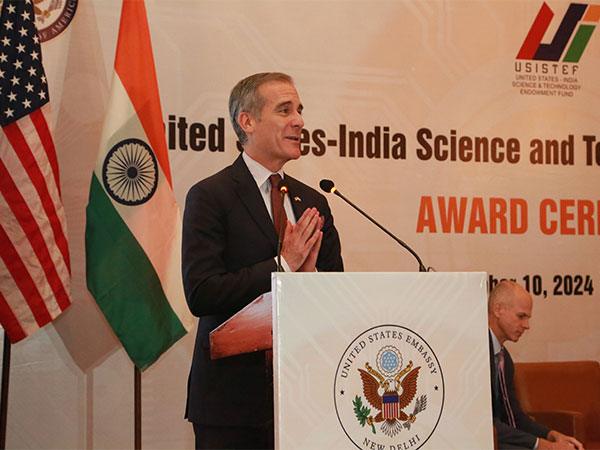The United States and India have recently announced grants of over $2 million for joint research projects focused on advancing artificial intelligence (AI) and quantum technologies for social good. This announcement was made during an event hosted by US Ambassador Eric Garcetti and Seth Center, Acting Special Envoy for Critical and Emerging Technologies, along with Indian Minister of State for Science and Technology Jitendra Singh and other top officials. A total of 17 projects, 11 focusing on AI and 6 on quantum technologies, will receive nearly $120,000 each. These projects aim to address critical societal challenges, such as AI-assisted early cancer detection and advancements in quantum computing.
The grant competition is part of the broader US-India Initiative on Critical and Emerging Technologies (iCET). In addition to the grants for AI and quantum technologies, the two countries unveiled a new $1 million USISTEF grant to support joint research on advanced materials and critical minerals. This initiative aims to deepen collaboration between US and Indian researchers across universities, national labs, and the private sector. US Ambassador Eric Garcetti emphasized the importance of tech cooperation, stating that India and the US share a vision of technology that can connect and protect their people and be used as a force for good. He highlighted the role of the US-India Science & Technology Endowment Fund in fueling partnerships to develop and commercialize critical and emerging technology.
Seth Center also praised the awardees, emphasizing the partnership between the United States and India as key to shaping the future of emerging technologies. He stressed the importance of ensuring that these technologies are developed and used with respect for human rights and fundamental freedoms, as well as to support sustainable development around the world. This announcement is part of broader US-India cooperation under iCET, including recent developments such as the second Quantum Coordination Mechanism meeting in Washington and continued bilateral research under the US National Science Foundation.
The grants for AI and quantum technologies will support projects that aim to tackle critical societal challenges and advance cutting-edge research in these fields. AI-assisted early cancer detection and advancements in quantum computing are among the key focus areas for the research projects. The grants will provide funding for 17 projects in total, with 11 focusing on AI and 6 on quantum technologies, each receiving nearly $120,000. This funding will enable researchers to collaborate on innovative solutions that have the potential to make a significant impact on society.
The US-India Initiative on Critical and Emerging Technologies (iCET) aims to foster collaboration between the two countries in developing and implementing advanced technologies for social good. The newly unveiled $1 million USISTEF grant will further support joint research on advanced materials and critical minerals, deepening collaboration between US and Indian researchers. US Ambassador Eric Garcetti highlighted the role of the US-India Science & Technology Endowment Fund in fueling partnerships to commercialize critical and emerging technology. The collaboration between the US and India is seen as crucial in shaping the future of emerging technologies and ensuring their development and use with respect for human rights and fundamental freedoms.
The partnership between the United States and India is viewed as essential in remaining at the leading edge of innovation in AI and quantum technologies. The recent announcement of grants for joint research projects and the USISTEF grant demonstrate the commitment of both countries to advancing technology for social good. The continued cooperation under iCET and other initiatives underscores the importance of tech cooperation in addressing global challenges. The US-India collaboration on critical and emerging technologies is seen as a positive step towards building a brighter tomorrow through innovation and partnership.











